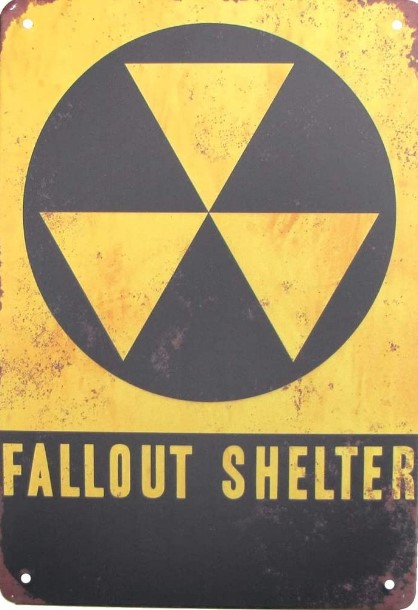 Let’s look at four words you might hear in conversation, in the news, or more likely — at work.
Let’s look at four words you might hear in conversation, in the news, or more likely — at work.
Blowout, blowback, feedback, and fallout are easy to confuse terms that aren’t always easy to translate. They each have different meanings and they are all commonly used.
I. Blowout is a term that can have several different meanings. Blowout is a noun. In more literal uses it refers to air being blown from something to something. Here are some examples of different uses. The last one on this list is the one you are most likely to hear at work:
- When you go to a hair salon and have your hair dried using a blow dryer, this is a blowout. (Air is blowing out of the dryer onto your hair.)
- When your car tire is punctured and suddenly goes flat while you are driving, this is a blowout. (Air is suddenly blowing out of your tire.)
- When two opposing teams are playing a game and one of those teams is much better than the other and wins by a very wide margin, this is a blowout.
- A blowout is also used figuratively to describe a big argument. In this context you might hear it at work. For example: “Bob had a big blowout with his boss over not getting the raise. He resigned the next day.”
A similar sounding word is “blowup” which can be used to describe an explosion, or a big sudden argument. “Bob had a big blowup with his boss” could also be used.
II. Blowback is the unintended (negative) consequence of an action. A similar word is repercussions. It is a word that comes up often in news reports and could be used in business. Here are a couple of examples:
- “Blowback Over Griner’s Release Exposes Depth of America’s Divisions” — headline NY Times 12/7/22.
- “Corporate ‘Self-Sanctioning’ of Russia Has US Fearing Economic Blowback”— headline from Bloomberg 6/22/22
Blowback can also have a technical meaning such as “engine blowback” when gases emitted from an automobile blow back into the engine.
Here is an example of how “blowback” might be used in a business setting:
- There was enormous blowback to the company’s recent decision to end hybrid work. Several people quit rather than come back to the office full time.
III. Feedback is a commonly used word. Feedback is used generally to mean the verbal or written reaction to someone or something, usually but not always as it relates to performance. While feedback can be positive (affirmative) or negative, we more often use the word “feedback” to describe areas that need improvement. Here are some examples:
- When we introduced the standing meetings, we got some negative feedback from a few employees who pointed out that while they appreciated shorter meetings, a few people had health conditions or disabilities that made literally standing for ten minutes difficult.
- I got some positive feedback from my colleagues who thought the proposed changes would be good, but my boss gave me some critical feedback about the logistics. Both were valuable. (Notice how “feedback” was used with adjectives to describe the type of feedback.)
- I got some good feedback about the proposal draft. The feedback was actually a little harsh as the draft has a lot of problems, but it was good in the sense that it was honest and valuable.
IV. Fallout is a word that became popular in the nuclear age. After a nuclear explosion radioactive particles rain down into the atmosphere. This is known as nuclear fallout. In many languages the word for “rain” may be used here. You can imagine “fallout” as a kind of “negative rain” that falls as a result of something. Fallout and blowback are similar and can sometimes be substituted for each other.
Here are some examples of fallout:
- Nuclear fallout is still being observed in Chernobyl.
- Amy Grant was a popular singer in Christian music. There was some fallout after her divorce and remarriage as her more traditional fans weren’t happy, but then she became even bigger than ever.
- We couldn’t anticipate the fallout from changing fabrics. The new fabric was less popular. Sales went down and the factory closed.
We also have a similar sounding word that is used differently and has a different origin. To fall out with someone is to have some kind of break or disagreement leading to a break. This is a phrasal verb. It can be used as a two-word noun: a falling out.
Here are some examples as a phrasal verb and as a noun:
- I fell out with Bob years ago. It wasn’t one thing. He isn’t a very ethical person and I finally decided I didn’t want to have him in my life.
- Sheila had a falling out with her sister years ago over their inheritance. They didn’t speak to each other for years.
I hope you enjoyed today’s post on Words that Work. If you have some vocabulary words or phrases you’d like to see explained, please let me know! (You can send a comment or if comments are closed, you can write me an email.) If you are interested in English lessons, please contact me.)